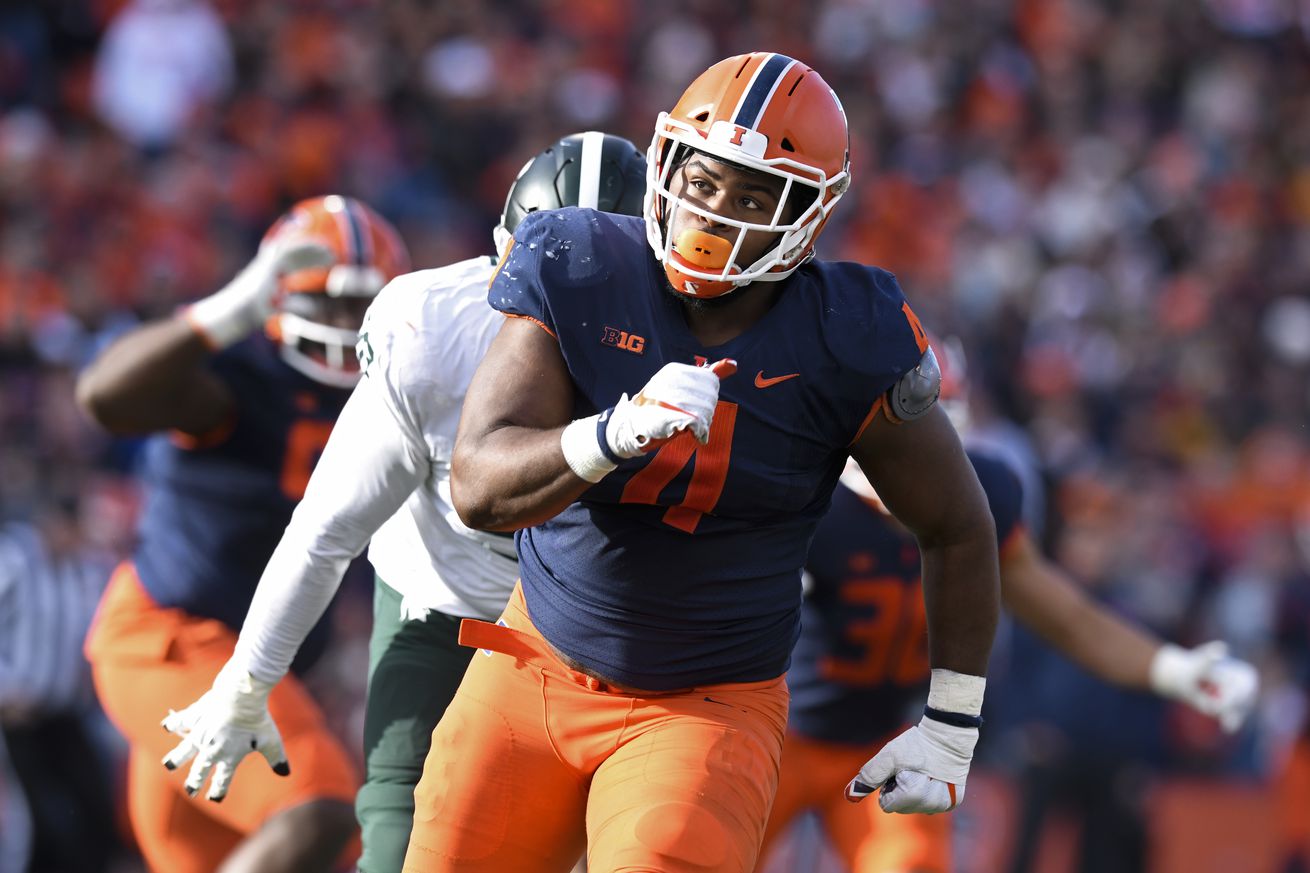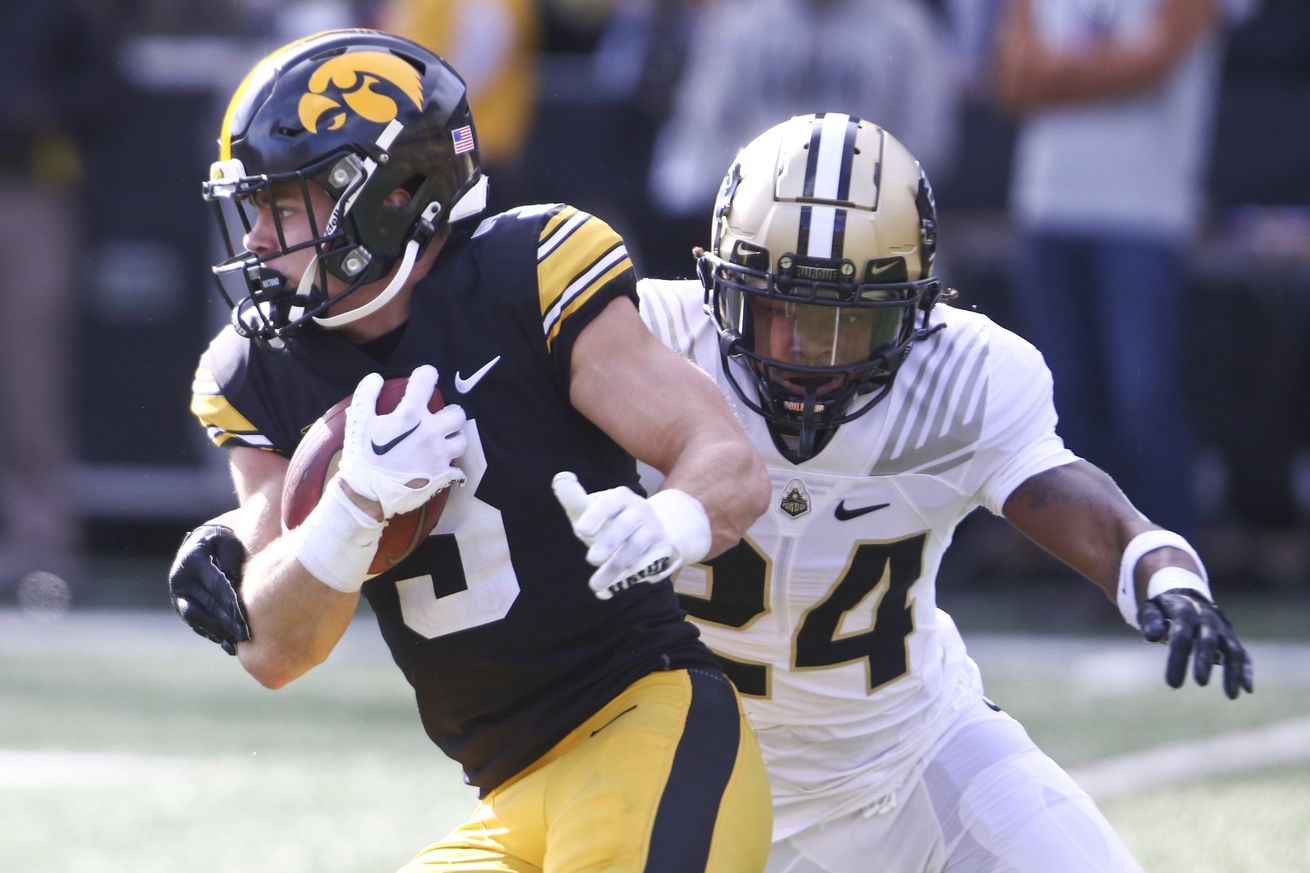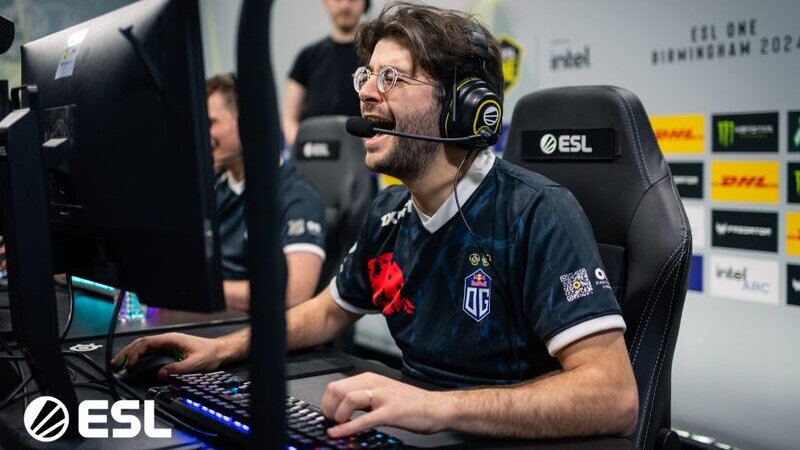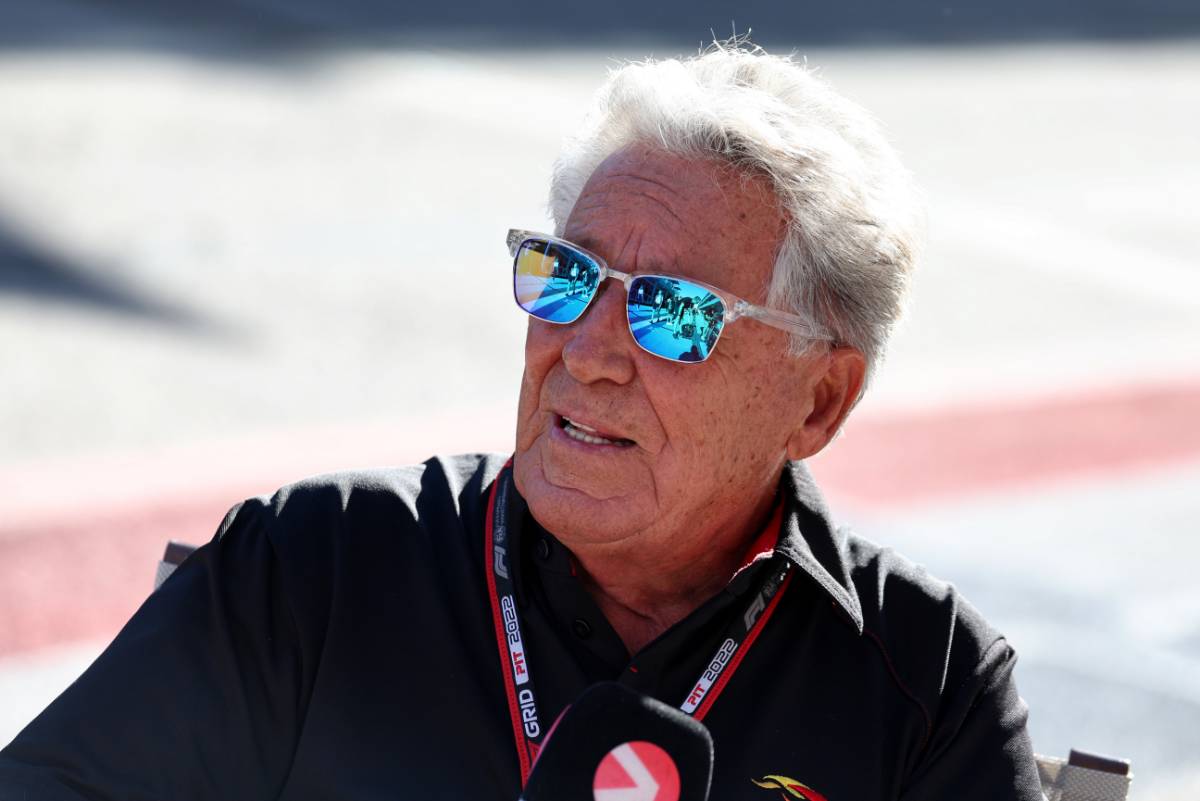By James Sutherland on SwimSwam

After the action-packed year that was 2022, we’re gearing up for another exciting year over here at SwimSwam, and part of that is releasing our third annual Top 100 list—check out last year’s rankings here.
We’ve taken a more statistically-driven approach this year, while also taking into account things such as potential, World Championship medal opportunities, injuries, and versatility. Long course is weighted more than short course, though performance potential in both formats is taken into account.
We’ll be breaking down the top 100 into multiple installments, so keep an eye out as they’re released.
These lists are, by nature, subjective. If you disagree, leave your thoughts/ranks in the comments.
Women’s Rankings:
#10: Sarah Sjostrom, Sweden – In spite of injury and generally racing against swimmers several years her junior, Sjostrom has continued to maintain her place as one of the world’s premier sprinters. In fact, she could very well claim to be the best among women last year, having ranked first in the world in the 50 free (23.91) and 50 fly (24.95) in 2022. The Swedish superstar opted to drop the 100 fly from her program last year at the World Championships, but she still walked away with a pair of gold medals in the 50 free (23.98) and 50 fly (24.95) while also claiming silver in the 100 free (52.80). Later in the year at the European Championships, the 29-year-old only raced the 50s individually, but won double gold once again and essentially matched her times from Budapest with showings of 23.91 in free and 24.96 in fly. And despite not focusing on the 100-meter distance at all for the event, Sjostrom dropped a 52.04 anchor leg on Sweden’s medley relay to help win them the gold medal. With Emma McKeon expected to be back at the World Championships this year, Sjostrom will have a battle on her hands if she’s to retain the world title in the 50 free, but she remains uncontested as the best 50 flier in history, and if she opts to go this route, she still has the ability to be a medalist in the 100 free and 100 fly.
#9: Torri Huske, USA – After missing an individual Olympic medal by .01 in Tokyo, Huske came back and dominated the women’s 100 fly at the 2022 World Championships, winning gold by a half-second in a new American Record of 55.64. Granted, two of the three women that finished ahead of her at the Olympics, Maggie MacNeil and Emma McKeon, weren’t racing in the event, but that takes nothing away from Huske’s performance as her time was just .05 slower than what MacNeil went to win gold the summer prior. Huske also won bronze in the 100 free (52.92) and placed sixth in both the 50 free (24.64) and 50 fly (25.45) in Budapest, and finished 2022 ranked fourth in the 100 free, tied for fifth in the 50 fly and ninth in the 50 free in addition to her #1 spot in the 100 fly. After six medals in Budapest (including relays), Huske put up a seven-medal haul at the Short Course World Championships, including winning a joint gold with MacNeil in the 50 fly (24.64) and placing second to the Canadian in the 100 fly (54.75). Having only turned 20 in December, Huske is already an individual world champion and has a great opportunity to repeat in 2022. She’s also a potential medalist in her three other primary events.
#8: Mollie O’Callaghan, Australia – No swimmer in the world is as versatile in freestyle and backstroke across the 50, 100 and 200-meter distances quite like O’Callaghan, and the Aussie ranked top-10 in the world last year in all six of those events, highlighted by her #1 ranking in the 100 free (52.49). The 18-year-old won the world title in that event in Budapest, and she also won individual silver in the 200 free (1:55.22), though she was significantly faster one month later at the Commonwealth Games, also winning silver and ranking #2 in the world behind countrymate Ariarne Titmus in 1:54.01. O’Callaghan also won gold in the 100 free over Australian teammates Shayna Jack and Emma McKeon at the Commonwealth Games, and showed off a bit of her backstroke ability by claiming silver in the 50 in a time of 27.47. Although she opted out of racing in either event at Worlds and the Commonwealth Games, O’Callaghan also closed 2022 ranked seventh in the 100 back (59.12) and 10th in the 200 back (2:08.48), and she was also 10th in the 50 free (24.52). At Short Course Worlds, she zeroed in on backstroke individually and walked away with a silver medal in the 100 back (55.62) and bronze in the 50 back (25.61), and then she went on to lead-off Australia’s 200 medley relay in 25.49, ranking her #2 all-time in the 50 back. At the World Championships, O’Callaghan will likely need to drop an event or two from her program (and qualifying to represent Australia individually in the freestyle events is no easy task), but she’s among the favorites to win the 100 free, the #2 swimmer behind Titmus in the 200 free, and could realistically medal in any of the three backstroke events if she chooses to pursue them.
#7: Regan Smith, USA – Smith ranked top-five in the world across four different events last year, highlighted by the 100 back, where not only did she win the world title, she was more than six-tenths quicker than the next-fastest swimmer in 2022. The 20-year-old American has now broken 58 seconds in the 100 back seven times, nearing her 2019 PB (57.57) in the World Championship semis at 57.65. She added over half a second in the final, but still emerged with the gold in 58.22, her first major individual title since 2019. Smith then dropped a 57.95 swim at the U.S. Open in December, showing an ability that should make her the favorite for gold in Budapest. In the 200 back, since breaking the world and winning gold at the 2019 Worlds, Smith has fallen short of qualifying to represent the U.S. internationally, placing third behind Phoebe Bacon and Rhyan White at both the 2021 Olympic Trials and the 2022 World Trials. However, Smith produced her fastest swim since dropping a pair of 2:03s in 2019 at the U.S. Open two months ago, clocking 2:05.28, so she seems to be on track to getting back in the top-two for the U.S. in the event this year. If she does, she’s in the fight for gold, though Kaylee McKeown would have to be penciled in as the favorite regardless. Smith also placed fourth in the 200 fly and fifth in the 50 back at the World Championships, and could easily win a medal in either in Fukuoka. Her new training program at Arizona State University under Bob Bowman has yielded successful results early on, and if it continues she figures to be a fixture on the podium this summer.
#6: Maggie MacNeil, Canada – MacNeil opted not to race any individual events at the 2022 World Championships, but came back at the Commonwealth Games to claim a head-to-head win over Emma McKeon in the 100 fly, touching in 56.36 to rank fourth in the world for the year. Besides the 2022 NCAA Championships (where she fractured her elbow, though it’s unclear if it was before after the 100 fly), MacNeil has largely been untouchable in the 100 fly since upsetting Sarah Sjostrom for gold at the 2019 World Championships, as she won Olympic gold in Tokyo in a time that ranks her #2 all-time (55.59) and has now won back-to-back short course world titles, having obliterated the world record in December (54.05). MacNeil also re-lowered her world record in the 50 back (25.25) in Melbourne, and added a third gold medal in the 50 fly, tying with Torri Huske. There might be an argument that MacNeil, 22, takes a hit in terms of her ceiling this year as she’s only a bonafide threat to win a world title in one event. That’s largely true—she hasn’t featured prominently in the 50 fly as of yet, and her freestyle times, while critical on the Canadian relays, aren’t quite up to the level required to reach the podium. But we’re giving MacNeil a boost here as she’s done some truly jaw-dropping things in the short course pool, highlighted by her two world records, and it’s hard to imagine her not grabbing hold of the long course world record in the 100 fly this year. Underwaters are obviously key to her backstroke success in short course, but she has been 59.4 in the LCM 100 back and it would be interesting to see where she could go if she attacked the 50 this year.
#5: Emma McKeon, Australia – After being known more as a 200 free/100 fly specialist earlier in her career, as the Campbell sisters predominantly represented Australia internationally in the sprint free events, McKeon rolled to dominant wins in the 50 and 100 free at the Olympics in 2021. She posted respective times of 23.81 and 51.96, ranking her fifth and second all-time, and added an individual bronze in the 100 fly and four additional relay medals to bring her career total to 11, making her the most decorated Australian Olympian in history. Last year, the 28-year-old opted out of the World Championships, but returned at the Commonwealth Games and was on solid form, winning the 50 free (23.99) and 50 fly (25.90) while claiming silver in the 100 fly (56.38) and bronze in the 100 free (52.94). Although McKeon seemingly took 2022 as a bit of a reset before the push to Paris, she still finished the year ranked second in the world in the 50 free and fifth in both the 100 free and 100 fly. The Aussie then lit up the Short Course World Championships on home soil, winning seven medals including individual gold in the 50 free (23.04) and 100 free (50.77). This year, McKeon will be hard to deny in the 100 free, will go toe-to-toe with Sjostrom for glory in the 50 free, and she’ll be in the fight with Maggie MacNeil, Torri Huske and potentially Zhang Yufei in the 100 fly.
#4: Kaylee McKeown, Australia – McKeown has been the clear-cut #1 200 backstroker in the world for three straight years. Not only has she ranked first in the world in 2020, 2021 and 2022, but the Australian native has rolled to consecutive victories in the event at the Tokyo Olympics, LC World Championships, Commonwealth Games and Short Course World Championships. McKeown also won gold in the 100 back at three of those meets, and the only one where she didn’t was LC Worlds, where she scratched out in favor of the 200 IM, picking up silver in 2:08.57. Overall, the 21-year-old ranked first in the world in the 200 back (2:04.64) and second in the 100 back (58.31), 200 IM and 400 IM (4:31.74). McKeown also won individual medals in the 200 IM at both the Commonwealth Games (silver) and Short Course World Championships (bronze), and added a bronze in the 50 back in Birmingham. As the owner of five of the eight-fastest swims of all-time in the 200 back, having been between 2:04.2 and 2:04.7 five times, McKeown is the clear favorite to repeat as the world champion in that event, and her ability to perform in major finals has to give her a slight edge over Regan Smith in the 100 back. She doesn’t have a clear path to gold in either medley event, but if she swims them in Fukuoka, she’s a surefire medalist.
#3: Ariarne Titmus, Australia – Titmus didn’t swim much last year, but when she did, she made it count. The Australian native broke Katie Ledecky‘s six-year-old world record in the women’s 400 free in a time of 3:56.40, and also recorded the third-fastest swim of all-time in the 200 free (1:53.31) to lead the world rankings, just shy of her 2021 marker (1:53.09) that stands as the fastest showing since Federica Pellegrini set the world record at 1:52.98 in 2009. After sitting out of the World Championships, Titmus won the 200/400/800 free treble at the Commonwealth Games, and threw in the fastest 200 free split of all-time, 1:52.82, to lead Australia to a new world record in the women’s 800 free relay. She finished the year ranked second behind Ledecky in the 800 free (8:13.59) in addition to her two #1 spots in the 200 and 400, and this year, she’s got gold medal and world record potential in two events and a likely third individual medal if she opts to take on the 800.
#2: Katie Ledecky, USA – As a whole, Ledecky arguably had the best year of her career since 2016 last year, as she swept the women’s 400 free (3:58.15), 800 free (8:08.04) and 1500 free (15:30.15) at the World Championships while also dropping a 1:53.67 200 free split to lead the U.S. women to gold in the 800 free relay. Ledecky ranked #1 in the world in both the 800 and 1500 for the year, with her time in the 800 free marking her fastest since 2018 and sitting more than five seconds clear of the next-fastest competitor. In the 1500, it was her fastest showing since early 2020 and nearly 15 seconds faster than the next-fastest swimmer. Still unbelievably dominant in those two races, Ledecky ranked second in the 400 free last year behind Ariarne Titmus, who broke her world record from the Rio Olympics. Ledecky, 25, also finished 2022 ranked third in the world in the 200 free (1:54.50) and fourth in the 400 IM (4:35.77), and finished the year by smashing a pair of SCM world records in the 800 free (7:57.42) and 1500 free (15:08.24). Ledecky is essentially a lock for gold at the World Championships this year in the 800 and 1500 free, and given the gradual improvements she’s been making since joining the University of Florida, maybe she’ll even get down to her personal best times and world records. In the 400, she’ll go to battle with Titmus, and in the 200 free, if she opts to compete (which she should), she’ll be a favorite for the podium.
#1: Summer McIntosh, Canada – McIntosh improved so much last year, it’s almost scary to think of what she’ll be capable of in 2023. After announcing her presence as a rising talent at the Tokyo Olympics, McIntosh emerged as arguably the best swimmer on the planet in 2022, winning a pair of individual world titles and swimming some of the fastest times in history across multiple events. The now 16-year-old Canadian won world titles and finished the year ranked #1 in the world in the 200 fly (2:05.20) and 400 IM (4:28.61), with the 400 IM time marking the fourth-fastest performance in history. McIntosh also won silver in Budapest in the 400 free (3:59.39), and broke the World Junior Record in the 200 free (1:54.79) leading off Canada’s 800 free relay. At the Commonwealth Games, she added the 200 IM WJR to her resume in 2:08.70, claimed another gold in the 400 IM, and improved her 400 free time down to 3:59.32 to earn silver behind Ariarne Titmus after placing second to Katie Ledecky at the World Championships. At the U.S. Open in December, where she logged that 4:28.6 400 IM, McIntosh also established herself as a top-tier 200 backstroker, clocking 2:07.15. In addition to her #1 ranking in the 200 fly and 400 IM, McIntosh also finished the year ranked third in the world in the 400 free and 200 IM, fourth in the 200 free and sixth in the 200 back. Given her progress over the last year or so, she could very well be challenging the likes of Titmus and Ledecky for the top spot in the 200 and 400 free at Worlds, and even if not, medals are almost a lock (at least in the 400). The clear favorite in the 200 fly and 400 IM, she’s also a medal hopeful now in the 200 IM, and even her 200 backstroke ability is right up there. She will have to figure out what an optimal schedule looks like for this summer’s World Championships, which will likely be a trial run of sorts for the 2024 Olympics, but McIntosh’s medal haul in Fukuoka figures to be a massive one. Given that she’s already dominant in the 400 IM and has been challenging Ledecky and Titmus in their primary events at such a young age and under a heavy workload at major international meets, she earns our #1 spot for 2023.



















You must be logged in to post a comment Login